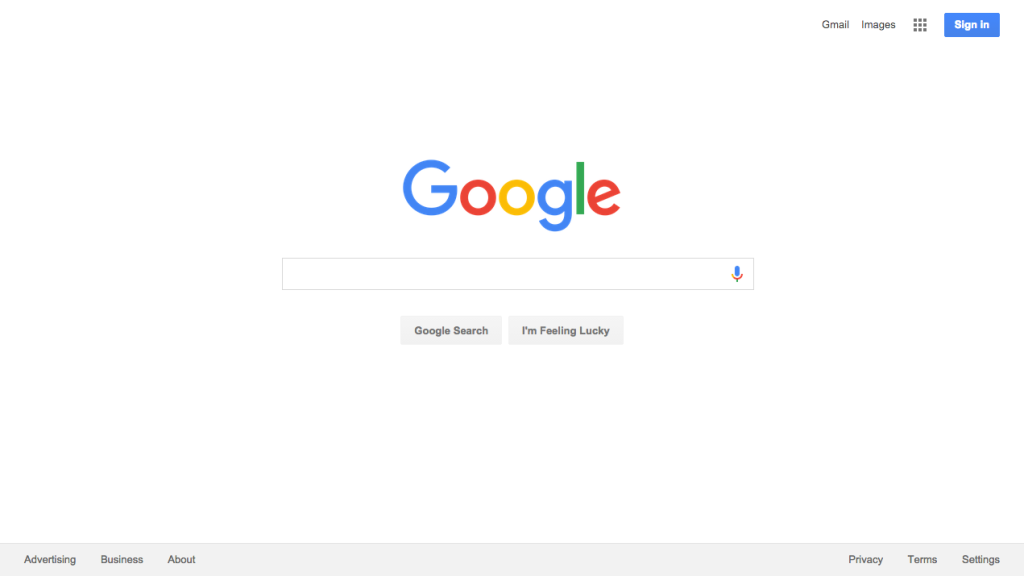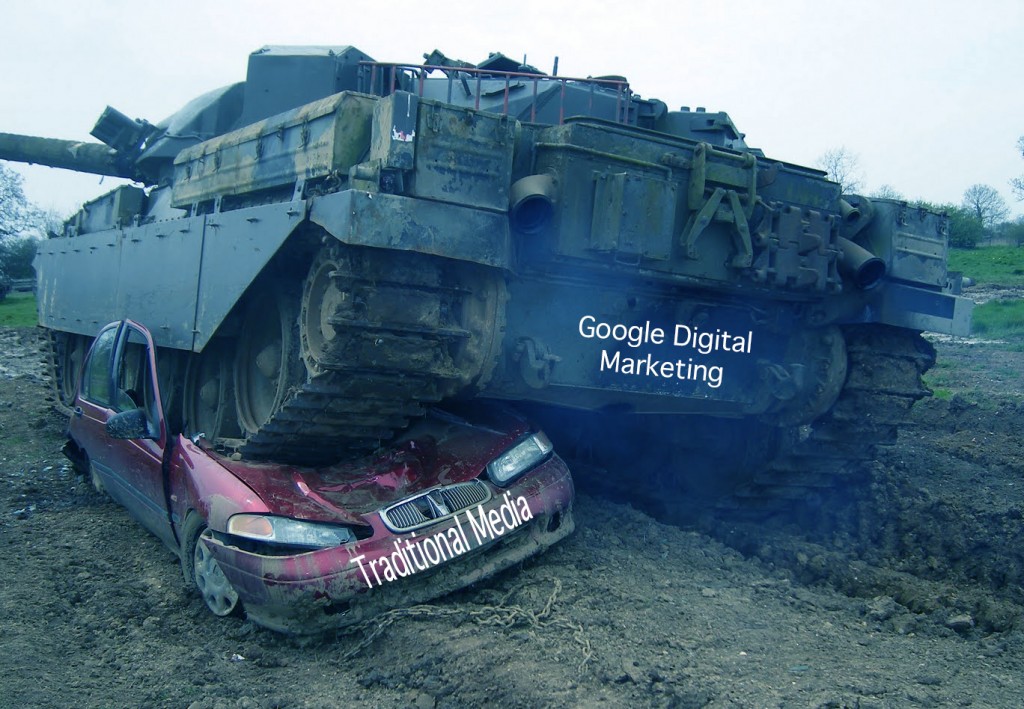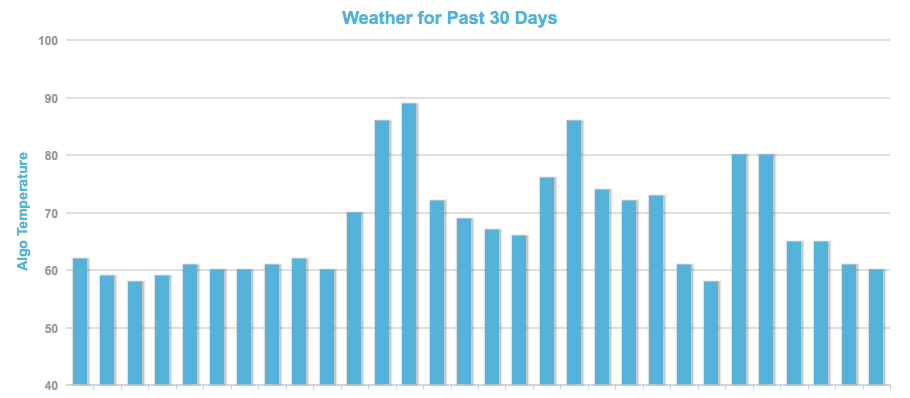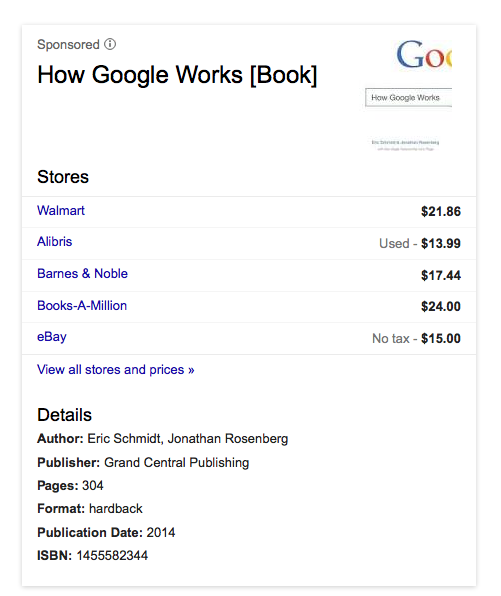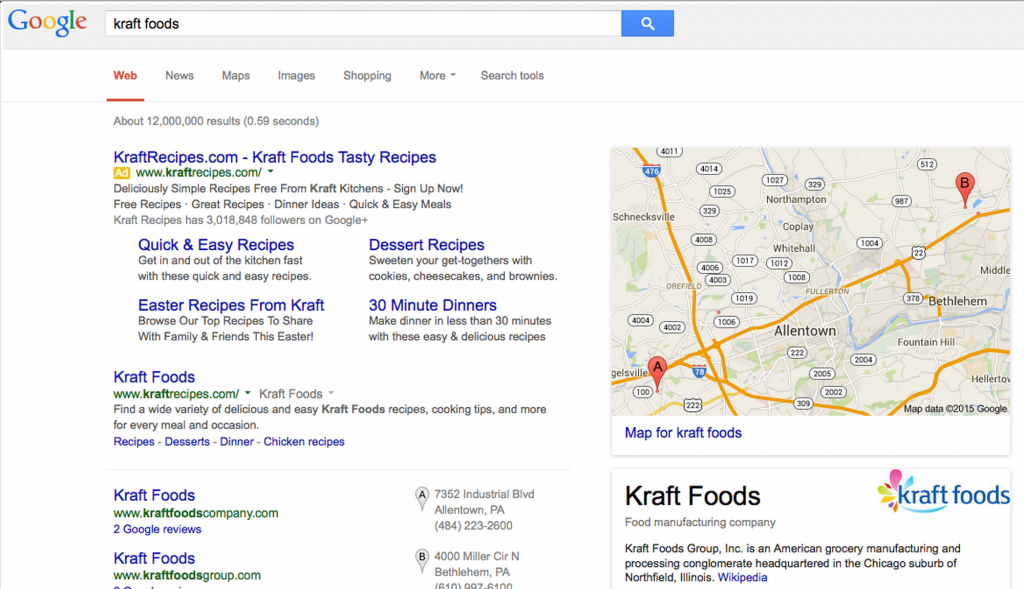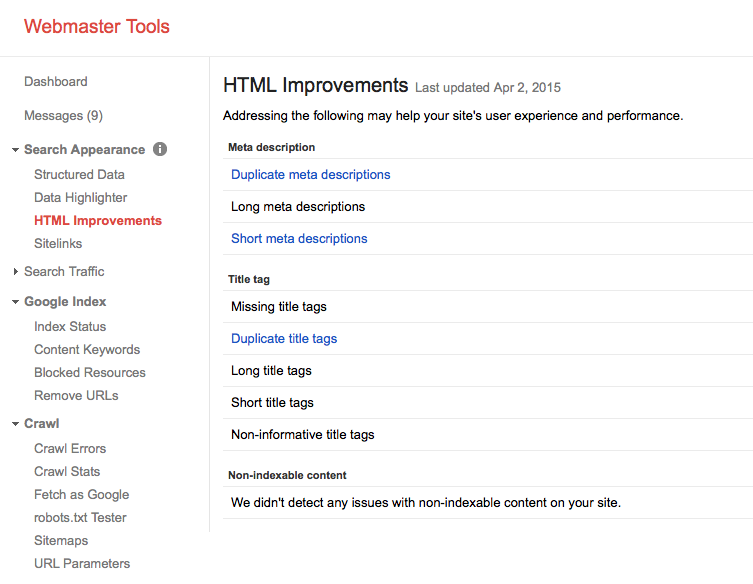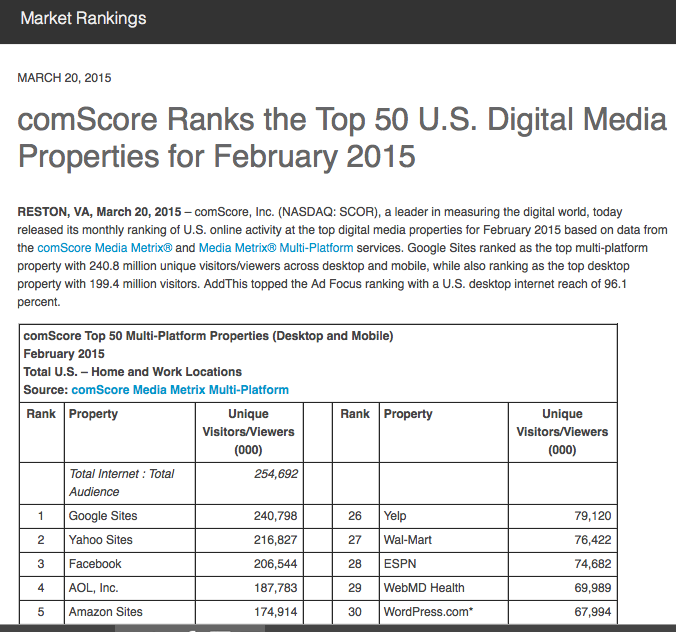Will Google’s Amazing Search Results Dominate Marketing?
Every year the founders of Google present a letter to their shareholders describing the goals they have for the company. You can read them here. The letter usually comes out in May, and I anticipate this year’s letter will be as full of information as the previous letters. The letter usually recaps the main areas of change at the company. Last year’s letter mentioned its focus on health by acquiring Calico (focused on health, wellbeing and longevity) and Iris (smart contact lens for diabetics), and initiated a focus on smart homes via Nest. The letter mentioned Google Shopping Express service used for same day delivery, direct answers, voice search and instant indexing of new information on the web. There is a whole section devoted to mobile and app usage, and simplicity in user interfaces.
The main reason I’m mentioning the founder’s letter is that it also says that the main goal of Google is to “create a search engine that gets you just the right information at the exact moment you need it with almost no effort.” And Google is starting to be able to do that. It has amassed enough information, speed, and user data to make personalized recommendations, understand the context of the words in the search query, provide quick answers without having to click through a link, and make the act of search more of a conversation. To accomplish this, Google has had to change quickly and dramatically – throwing search marketers into reactionary mode time after time.
Over the past few years Google has made profound changes to their algorithm and these changes have definitely increased in frequency, but not in Google announcements – as shown by the Mozcast tracking service. But this evolution is good. Google wants to reward great content. They want to make searchers happy. And they certainly don’t want you (or me) using another search engine.
In the book “How Google Works” written in 2014 by Eric Schmidt and Jonathan Rosenberg, it states “product excellence is now paramount to business success.” I believe this underlying principle drives many of Google’s most recent algorithm changes because Google search results show these same superior brands. This makes SEO easy for ethical companies with large marketing budgets and very difficult for most other businesses. When companies have the best products and services, people and other businesses recommend them, and search engines can now dig through web page content and ignore spammy link recommendations to see underlying consumer (or business to business) trends.
For instance, Entity Search attempts to increase relevancy by understanding the meanings of words in context to deliver better results. This works in conjunction with the Knowledge Graph to analyze past searches on similar topics for relevance. Google then can suggest related interesting information to help further educate users. Companies can use the Knowledge Graph to market themselves if they input data about their products into Wikipedia, have great customer reviews, utilize schema markup, and optimize their Google + pages with relevant information.
Here you can see that local search and direct answer panels have pushed the organic listings down for this manufacturer. To counter that, and own the search results on their brand the manufacturer also purchases Adwords and uses extensions to increase the brand visibility on the page before the searcher has to scroll.
Some of Google’s latest updates seem to be occurring daily or even more often that that, and may be the result of bots that learn, as suggested in this article about smart machine learning algorithms. Marketers are looking more to Webmaster Tools for guidance on errors within their sites so that these bots can more easily access their information. In Webmaster Tools, Google helps internet marketers and developers by providing useful information on errors the bots encounter when indexing the website pages, such as crawl errors, pages that do not conform to Google’s guidelines, blocked resources, and much more.
Google’s much anticipated mobile update is scheduled for April 21, 2015, after years of testing. Google understands that the internet will soon be available to most people in the world, but they will be viewing their information on mobile devices and using these small computers to run their businesses, so it is paramount to supply the very best possible mobile search results.
It has also been leaked that Google plans to deliver truth-based search results without considering links in the near future. No longer would marketers have to beg authoritative voices such as journalists and bloggers to talk about their brands. All marketers would have to do would be to fact check all content and supply the most thorough and accurate information possible, and Google would run it through it’s Knowledge Graph data and give it a score that would reflect in the page’s search position. Information is power, and Google will determine the worth of the information we all receive.
As all these updates continue to roll forward, making search a necessity on all size devices, at all times of the day or night, and on every part of the globe, Google expands its dominance in the search market. YouTube continues to encroach upon Network TV viewers, and digital marketing is closing the gap quickly on TV ads. Google is expanding into medicine, shipping, internet access, self-driving cars and more, and these are all areas of potential to show very targeted digital ads. As people attend conferences and tradeshows virtually, and as online retail forces malls and brick and mortar stores to drop their prices, it is my belief that marketing budgets in the near future will cater almost exclusively to online marketing, and to Google in particular.
I look forward to your comments even if you don’t agree with me.


